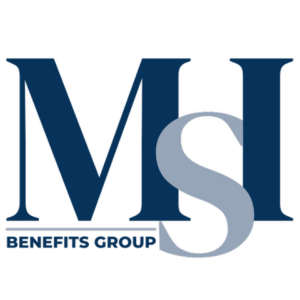In December 2024, Congress passed two significant pieces of legislation – the Paperwork Burden Reduction Act (H.R. 3797) and the Employer Reporting Improvement Act (H.R. 3801) – aimed at streamlining Affordable Care Act (ACA) reporting requirements for employers.
Key Changes Introduced by the Paperwork Burden Reduction Act:
- On-Demand Form Distribution: Employers are no longer required to automatically furnish Forms 1095-B and 1095-C to employees. Instead, these forms must be provided upon an employee’s request. To comply, employers must issue a “clear, conspicuous, and accessible” notice informing employees of their right to request these forms. Upon request, the forms should be furnished by the later of January 31 or 30 days after the request.
Key Changes Introduced by the Employer Reporting Improvement Act:
- Electronic Delivery: Employers are permitted to furnish Forms 1095-B and 1095-C electronically, provided they obtain the employee’s consent. This codifies existing IRS regulations into law.
- Use of Date of Birth: If an employee’s Tax Identification Number (TIN) is unavailable, employers may use the employee’s date of birth for ACA-related returns, simplifying the reporting process.
- Extended Response Time for Penalty Assessments: Employers now have 90 days, increased from the previous 30 days, to respond to IRS Letter 226-J, which proposes penalties for ACA coverage failures. This extension provides employers with additional time to address potential issues.
- Statute of Limitations: A six-year statute of limitations has been established for the IRS to assess penalties related to ACA coverage failures, offering greater certainty for employers regarding potential liabilities.
Implications for Employers:
These legislative changes are effective for returns and statements due after December 31, 2024, impacting the 2024 reporting year. Employers should:
- Update Internal Processes: Adjust internal procedures to accommodate the on-demand distribution of Forms 1095-B and 1095-C, ensuring timely responses to employee requests.
- Review Communication Strategies: Develop and disseminate the required notice informing employees of their right to request ACA forms, ensuring clarity and accessibility.
- Consider Electronic Distribution: Evaluate the feasibility of obtaining employee consent for electronic form distribution to streamline the process and reduce administrative burdens.
- Monitor Compliance Deadlines: Be aware of the extended response times for IRS communications and the new statute of limitations to effectively manage compliance obligations.
By proactively adapting to these changes, employers can enhance compliance efficiency and reduce the administrative challenges associated with ACA reporting.
Conclusion: Proactive Adaptation is Key
The new ACA reporting guidelines represent a meaningful evolution in employer compliance obligations. While they alleviate certain administrative burdens, they also place increased emphasis on communication, process management, and employee engagement. By proactively adapting to these changes, employers can mitigate risks, enhance efficiency, and ensure seamless compliance.
At MSI Benefits Group, we specialize in helping employers navigate complex regulatory landscapes. Contact us today to learn how we can assist you in achieving your compliance goals while maximizing the value of your employee benefits program.

